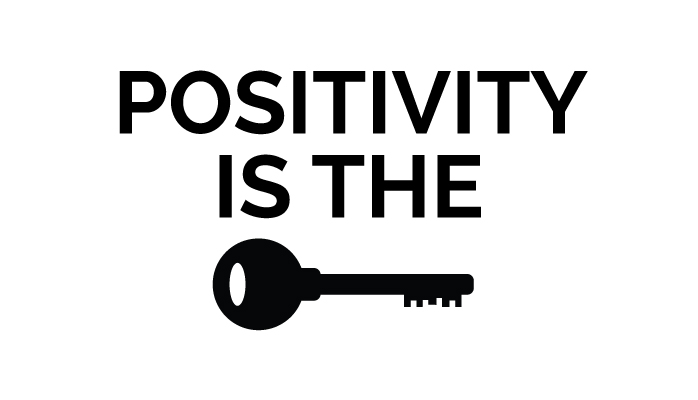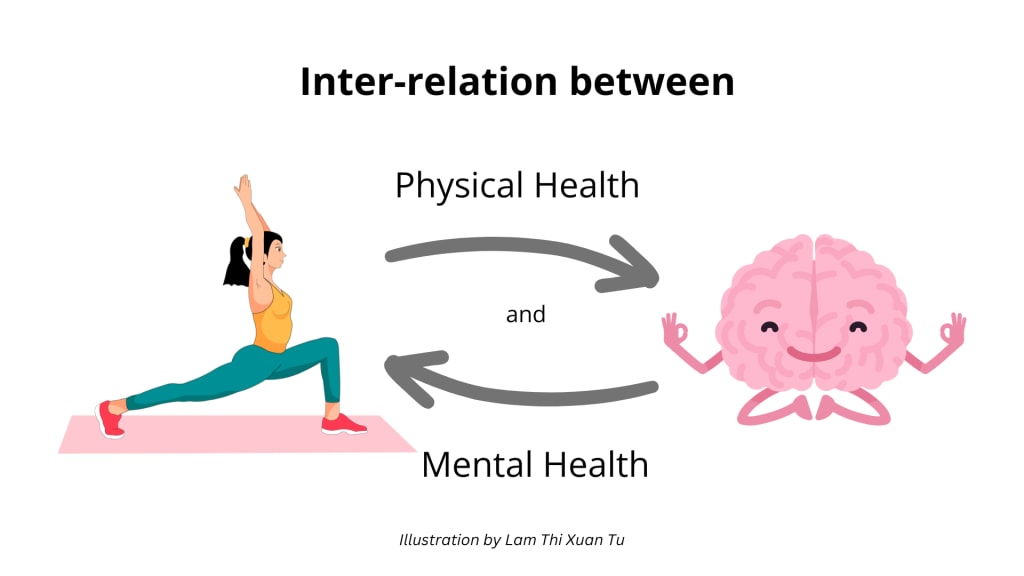Imagine the last few hours of your day. What caught your attention? Did the breeze carry a hint of flowers or the chill of the season? Did you pause to notice the sound of footsteps on the pavement, a distant conversation, or the rustling of leaves? Were you aware of the weight of your own breath, steady or hurried, as the minutes slipped by?
Renowned philosopher and spiritual teacher Eckhart Tolle emphasizes the beauty of such awareness. "Realize deeply that the present moment is all you ever have," he writes. Yet, in an increasingly fast-paced world full of distractions buzzing phones, endless deadlines, and relentless noise pausing to immerse ourselves in the present often feels unattainable.
Meditation offers a path to reconnect with these fleeting yet profound experiences. By inviting us to sit quietly and observe without judgment, meditation transforms the mundane into moments of significance. The simple act of sitting still cultivates an inner focus, reducing mental chatter and bringing clarity to our thoughts. Over time, it enhances emotional balance, sharpens cognitive function, and promotes a sense of peace even amidst life’s turbulence.
This practice isn't just about achieving inner calm; it has tangible benefits that extend to productivity and personal success. Professionals use meditation to boost decision-making skills and resilience, while students find it invaluable for improving concentration, memory retention, and stress management. Meditation, then, is not only a practice of serenity but a strategy for thriving in an overstimulated world. What would your day feel like if you, too, embraced its potential?
The Scientific Benefits of Meditation
Meditation has been practiced for over 5,000 years, transcending cultural and geographical boundaries to emerge as a universal tool for well-being. In recent decades, modern science has delved deeply into its effects, validating many of its long-believed benefits through rigorous studies and advanced technology.
One of the most compelling areas of research is meditation's impact on mental health. Numerous studies reveal its efficacy in reducing stress, anxiety, depression, and even chronic pain. A Harvard study demonstrated that just 15 minutes of daily meditation over eight weeks significantly lowered participants’ blood pressure, underscoring its potential as a non-invasive approach to health management. By inducing a state of deep relaxation, meditation helps balance stress hormones like cortisol, creating a lasting calming effect.
Perhaps more astonishing is the physical impact of meditation on the brain itself. MRI scans show that consistent meditation practice leads to measurable changes in brain structure. For instance, the amygdala, often referred to as the brain's “fight-or-flight” center, begins to shrink after eight weeks of daily meditation. This structural change reduces the automatic fear and stress responses that can dominate the lives of many individuals. Additionally, the prefrontal cortex responsible for higher-order functions like decision-making, concentration, and emotional regulation shows increased activity, suggesting that meditation can enhance cognitive performance and emotional resilience.
The benefits extend beyond mental clarity and emotional balance. Meditation improves immune function, boosts energy levels, and fosters better overall physical health by reducing inflammation and promoting cellular repair. Its effects are so profound that healthcare providers are increasingly integrating meditation into holistic treatment plans for conditions ranging from insomnia to post-traumatic stress disorder (PTSD).
These scientific findings highlight meditation not as a mere spiritual tradition but as a practical and evidence-based practice capable of transforming mental and physical health. With minimal effort a mere few minutes of practice a day individuals can harness the power of meditation to rewire their brains, stabilize emotions, and foster long-lasting health benefits. For those seeking balance and improved well-being in today’s fast-paced world, meditation emerges as an invaluable and scientifically supported solution.
How to Start a Meditation Practice
Embarking on a meditation journey can profoundly enhance your mental and emotional well-being. Here's a structured approach to help you begin:
1. Choose a Suitable Environment
Select a tranquil space where you can sit undisturbed. While complete silence isn't necessary, a peaceful setting aids concentration. If external noise is unavoidable, consider using noise-cancelling headphones. Some individuals find that meditating in natural surroundings, such as a park or garden, can deepen their practice.
2. Establish a Comfortable Posture
Find a position that allows you to remain alert yet relaxed. You can sit on a chair with your feet flat on the ground or on the floor with crossed legs. Ensure your back is straight to facilitate easy breathing. Rest your hands on your lap or knees, and gently close your eyes.
3. Set a Time Commitment
Begin with brief sessions, perhaps 5 to 10 minutes daily. As you become more comfortable, you can gradually extend the duration. Consistency is more important than length; daily practice yields better results than occasional longer sessions.
4. Focus on Your Breath
Direct your attention to the natural rhythm of your breathing. Notice the sensation of air entering and leaving your nostrils or the rise and fall of your chest and abdomen. If your mind wanders which is natural gently return your focus to your breath without self-criticism.
5. Cultivate Mindfulness
As you meditate, observe any thoughts, emotions, or physical sensations that arise. Acknowledge them without judgment and let them pass, returning your focus to your breath. This practice enhances your ability to stay present and reduces the tendency to ruminate.
6. Integrate Meditation into Your Routine
Incorporate meditation into your daily life by setting a specific time each day, such as in the morning or before bedtime. You might also link it to an existing habit, like meditating after brushing your teeth. This consistency helps establish meditation as a regular part of your routine.
7. Be Patient and Kind to Yourself
Progress in meditation is gradual. Some days may feel more challenging than others. Approach your practice with patience and self-compassion, understanding that each session contributes to your overall growth.
By following these steps, you can establish a meditation practice that fosters greater peace and clarity in your life.
Ready to start? There are different paths to explore.
Types of Meditation Practices
Embarking on a meditation journey can profoundly enhance your mental and emotional well-being. Understanding the various meditation techniques available can help you find the practice that best suits your needs. Here are some popular types of meditation:
1. Mindfulness Meditation
This practice involves focusing on the present moment without judgment. By observing thoughts, emotions, and sensations as they arise, you cultivate a deeper awareness of your experiences. Mindfulness meditation is often practiced in seated positions, but it can also be integrated into daily activities.
2. Focused Attention Meditation
In this technique, you concentrate on a single point of focus, such as the breath, a candle flame, or a specific sound. This practice helps develop sustained attention and reduces the tendency for the mind to wander.
3. Loving-Kindness Meditation (Metta)
Loving-kindness meditation involves cultivating feelings of compassion and love towards oneself and others. By silently repeating phrases like "May I be happy," "May I be healthy," you extend these wishes to loved ones, acquaintances, and even those with whom you have conflicts.
4. Body Scan Meditation
This practice entails mentally scanning your body from head to toe, paying attention to any sensations, tension, or discomfort. It promotes relaxation and helps develop a stronger connection between mind and body.
Conclusion
In a world that often demands our attention in a million different directions, meditation offers a powerful respite. It is an accessible tool that can foster mental clarity, emotional balance, and physical health, all while providing a sense of calm in the midst of life’s inevitable challenges. Through practices like mindfulness, focused attention, and body scans, meditation allows us to reconnect with the present moment, offering insights and clarity that carry over into our daily lives.
The scientific benefits of meditation validate what centuries of tradition have emphasized: by practicing stillness, we can rewire our brains, reduce stress, and enhance cognitive function. As modern research continues to uncover the ways meditation affects the brain and body, it is clear that its impact extends well beyond mere relaxation. For those seeking deeper well-being, greater focus, and the ability to handle stress, meditation becomes a key strategy not just for serenity, but for thriving in a world filled with distractions.
Ultimately, starting a meditation practice is an act of self-compassion and commitment to well-being. By creating a peaceful environment, committing to daily practice, and being patient with yourself, you can incorporate meditation into your life in a way that is meaningful and sustainable. No matter where you are on your journey, meditation offers a path toward more mindful living, and it is always there to return to whenever needed, reminding us that the present moment is, indeed, all we ever have.
share with

Mesha M. Founder
"Explore a world of inspiration and empowerment at RealtimeArticles. Dive into our curated articles for insights, reflection, and shared growth. Join our community on a journey of discovery and evolution!"










Comments
Coming Soon!
POST YOUR COMMENTS